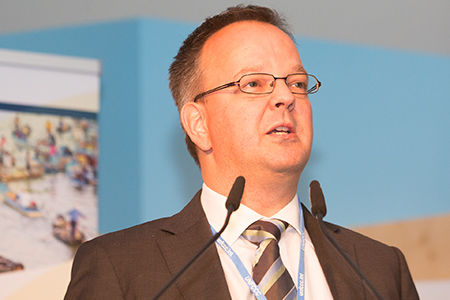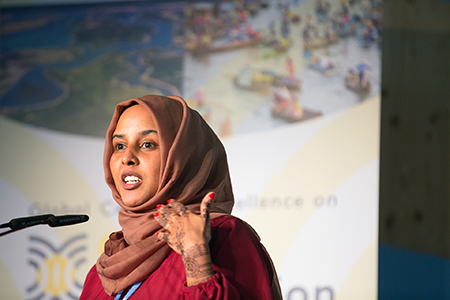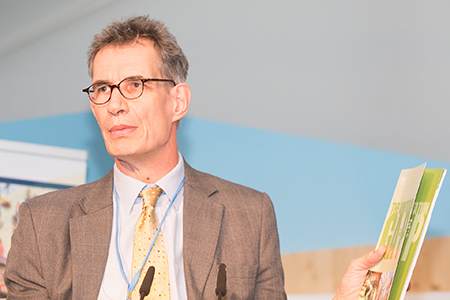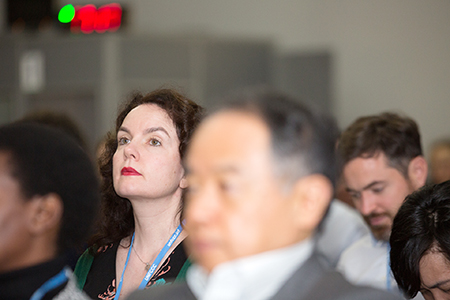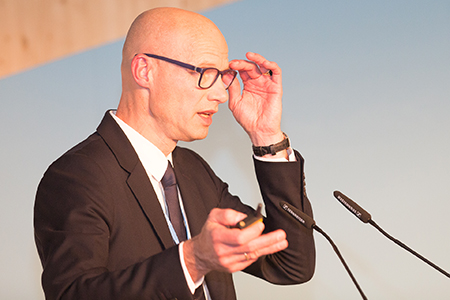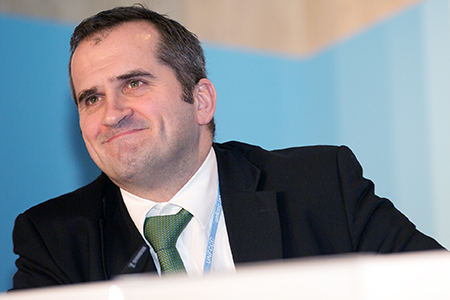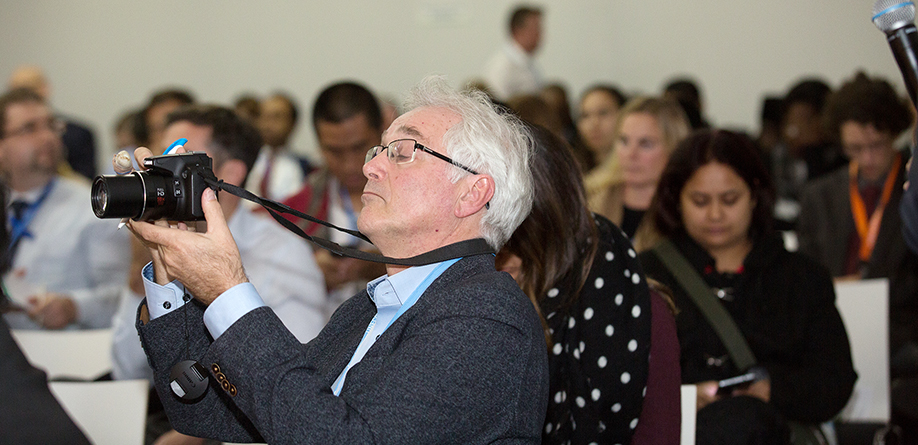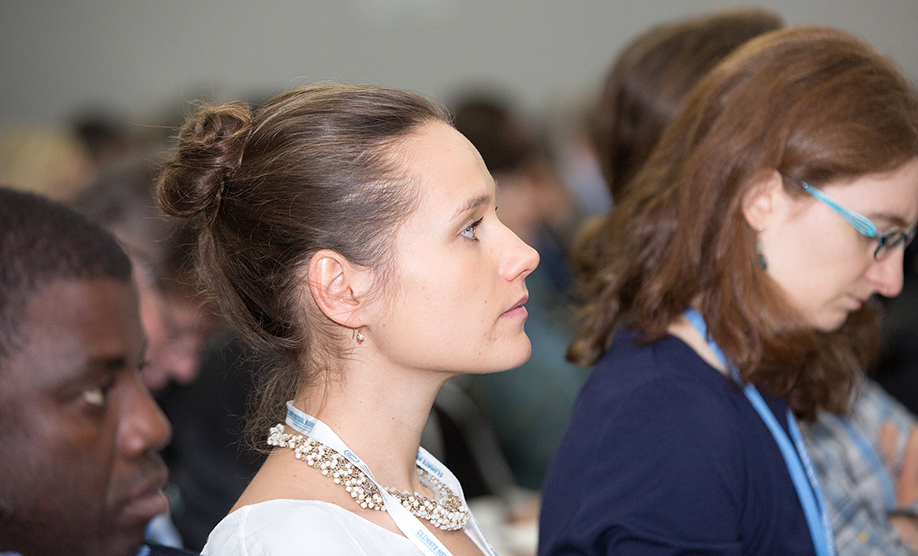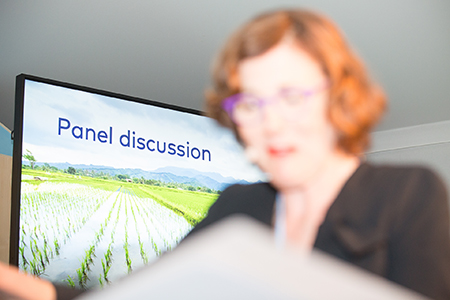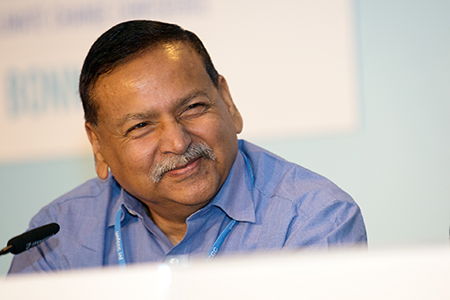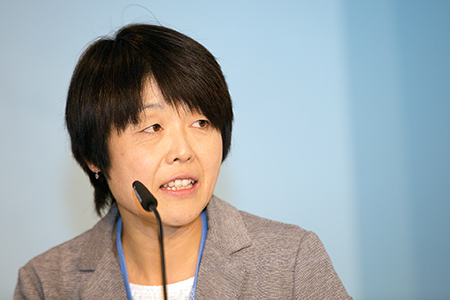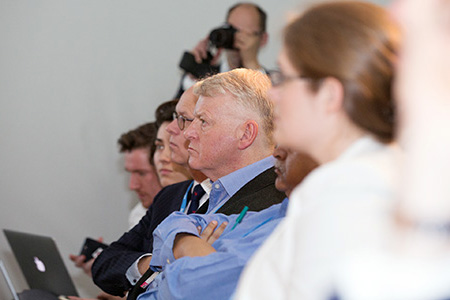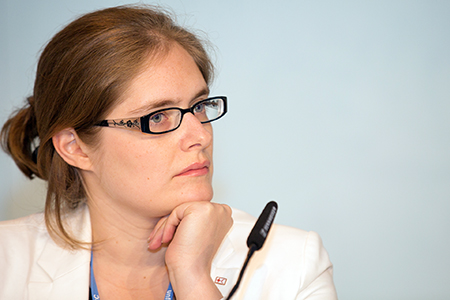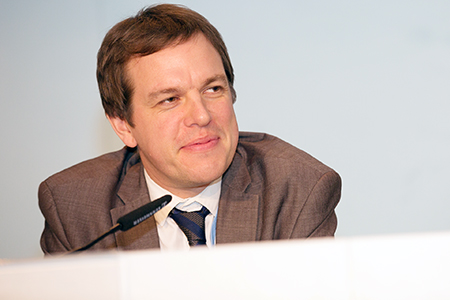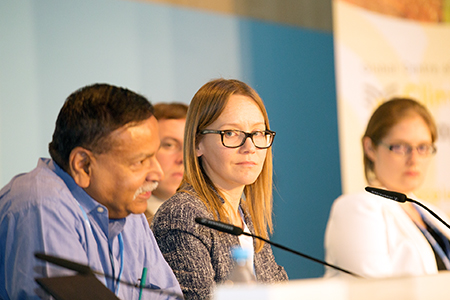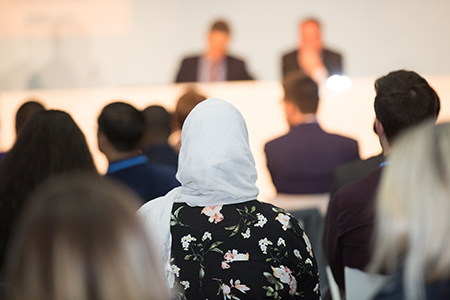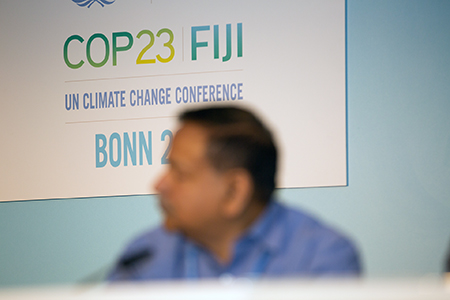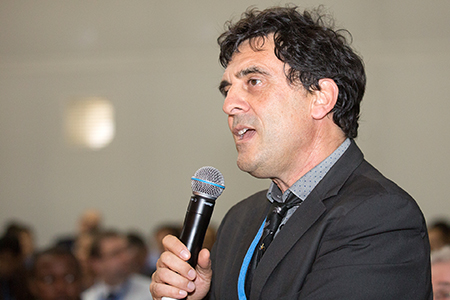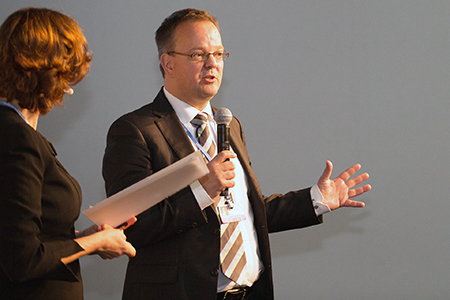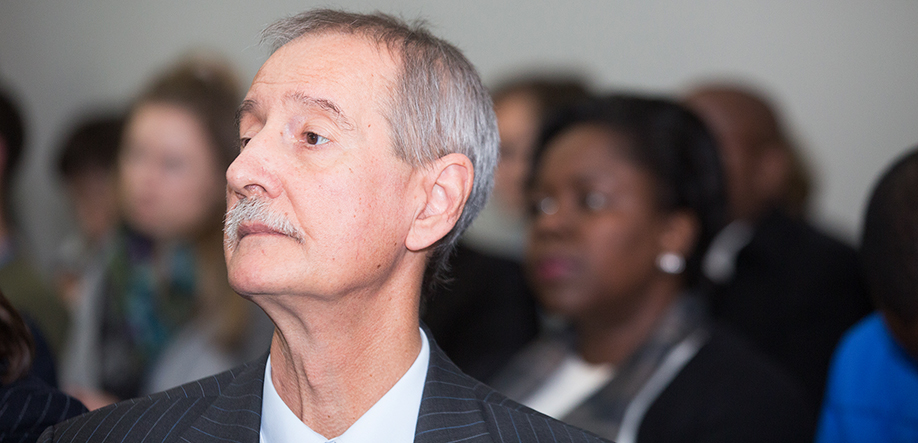Summary
This event, organized by the Global Centre of Excellence on Climate Adaptation (GCECA), in partnership with the International Federation of Red Cross and Red Crescent Societies, convened on 9 November 2017 in Bonn, Germany, on the sidelines of the 23rd session of the Conference of the Parties (COP 23) to the UN Framework Convention on Climate Change (UNFCCC).
The event provided a forum to discuss how the GCECA, which will be officially launched on 14 November 2017, could contribute to recognize, build and promote excellence in adaptation among relevant stakeholders around the world. During the session, participants addressed, inter alia: challenges in measuring adaptation progress; the importance of considering the needs of local communities in planning policy measures; and the importance of non-state actors in implementing projects.
IISD Reporting Services, through its ENB+ Meeting Coverage, provided web coverage and a briefing note from the event on “What is Excellence in Climate Adaptation?”
In addition, on Tuesday, 14 November 2017, IISD Reporting Services will cover the GCECA High-level launch.
Photos by IISD/ENB | Asheline Appleton
For photo reprint permissions, please follow instructions at our Attribution Regulations for Meeting Photo Usage Page.
Richard Klein, SEI, announced the GCECA’s next discussion brief would focus on favoring excellence in adaptation through standard setting.
Suada Ibrahim, Kenya Red Cross Society, underlined the need to avoid maladaptation.
Barney Dickson, UN Environment, pointed to the potential of building on national communications under the UNFCCC to create a global stocktake on adaptation levels.
Participants during the session
Henk Ovink, the Netherlands, pointed to water as “the critical juncture” in building resilience to climate change.
Craig Davies, EBRD, highlighted the creation of the Task Force on Climate-related Financial Disclosures as an example for the growing awareness of financial actors to the risk caused by climate change.
Participants during the session
Participants during the session
The event consisted of a panel discussion.
Saleemul Huq, International Centre for Climate Change and Development (ICCCAD), said “rich countries can learn a lot from Bangladesh with regards to accelerating the process to build climate resilience.”
Yasuko Kemeyama, Deputy Director, National Institute for Environmental Studies, Japan, pointed to the Climate Change Adaptation Platform (A-PLAT) as a resource that collects scientific knowledge and promotes information sharing among stakeholders.
Participants during the session
Julie Arrighi, Red Cross Red Crescent Climate Centre, highlighted the need to ensure that the most vulnerable people are reached by adaptation measures and prioritized in an effective way.
Nick Craven, International Union of Railways, explained how the Partnership on Sustainable, Low Carbon Transport (SLoCaT) promotes the integration of sustainable transport in global policies on sustainable development and climate change.
Saleemul Huq, ICCCAD, responded to a question from the audience on the role of insurance products by emphasizing the difference between adaptation and Loss & Damage.
Participants during the session
Panelists responded to questions from the audience
A participant poses a question to a panelist
Richard Klein, SEI, pointed to the potential for organizations such as the Gold Standard and the International Organization for Standardization (ISO) to contribute to excellence in adaptation by developing benchmarks.
Participants during the session
